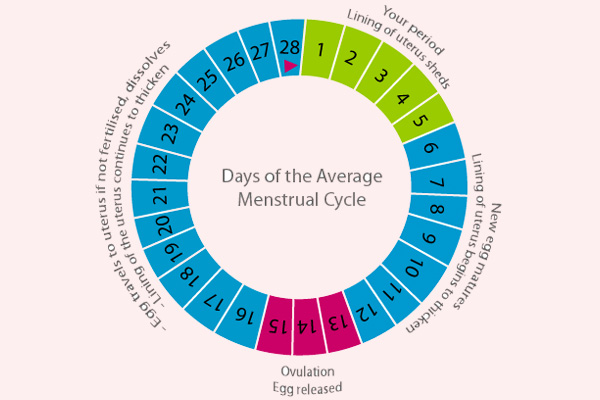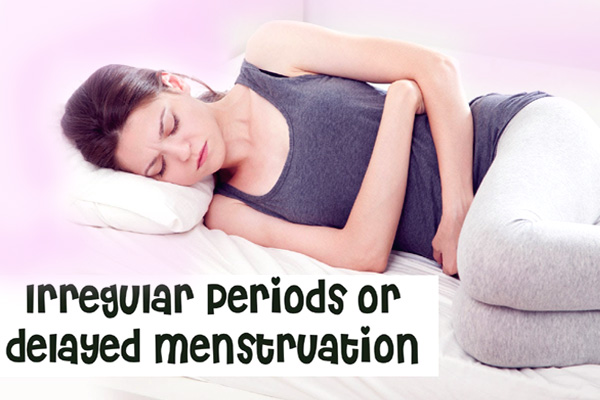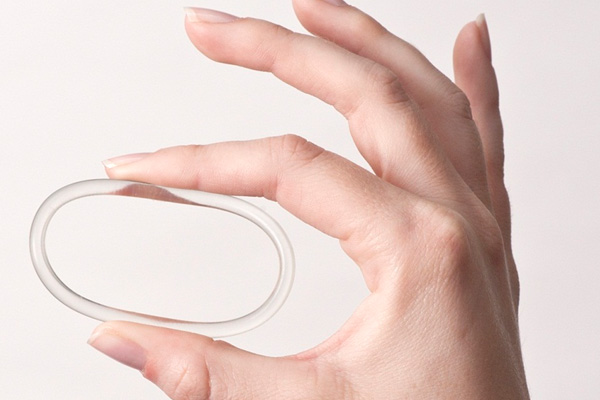
Do You Have A Normal Menstrual Cycle?:- The menstrual cycles in some women run like clockwork, predictably starting every four weeks and lasting around five days or so. If your period does not follow this pattern, should you be concerned? Not necessarily.
From as little as 21 days to as long as 35 days, the “Normal” menstrual cycles can range with menstrual flow at about 2 to 3 teaspoons per cycle. But if your periods are way off that mark, your body could be trying to tell you something.

An irregular cycle is never really considered normal. Exceptions are only after a girl’s first period and in the years leading up to menopause. Periods can be unpredictable at those times.
An occasional irregular cycle can be normal and does not necessarily warrant evaluation in a healthy woman unless it persists. For example, because of stress, missing one period may be okay, but not having a period for three to six months is abnormal and needs medical attention. Of course, if you are sexually active, pregnancy could be the reason for your irregular cycle.
- What Causes Irregular Menstrual Cycles?

Many reasons attribute why your cycle may be irregular, but the failure of the ovaries to release an egg every month is the most common cause. However, changes in diet, weight, exercise, stress, travel, and work like going from a day shift to a night shift can also mess with your periods. In some cases, a bigger health issue can be a symptom of irregular periods, which include:
- Thyroid or bleeding problems
- Uterine fibroids
- Ovarian cysts or polycystic ovarian syndrome
Other health problems that may trigger changes in your menstrual cycle include diabetes, cancer, drug and alcohol abuse, and HIV infection.
- Irregular Periods: When to Call the Doctor

Keep a watch on those for cycles that have been fairly predictable and then become unpredictable. Having excessive bleeding, bleeding in between periods, or any other abnormality of the cycle that was not present before could be the beginning of a problem.
You should call your doctor if:
- Bleeding is more than seven days in two consecutive months
- The bleeding is heavy enough to make you feel weak or have a rapid heartbeat
- The bleeding is so heavy that you soak through a pad every hour
- You bleed heavily between your normal cycles
- You have excessive pain or cramps while you are bleeding
- You think you may be pregnant and bleeding
Also seek medical attention if you have any bleeding after menopause. Postmenopausal bleeding is not normal and should always be evaluated by a doctor.
- How Are Irregular Periods Treated?

Hormonal contraception is the first-line treatment for irregular bleeding. Options include pills, vaginal rings, patches, devices that are implanted under the skin, and IUDs (intrauterine devices) containing hormones.

If medication does not work, a procedure called endometrial ablation can be performed in women who no longer want to become pregnant. The procedure removes a thin layer of the lining of the uterus. Doing this can completely stop menstruation or reduce blood flow significantly. As a last resort, hysterectomy may be necessary to solve the problem.
This advice is mainly for women who are concerned about their periods:
“Do not be afraid to share your concerns with your doctor and no need to be embarrassed!”
SUPRAJA

























